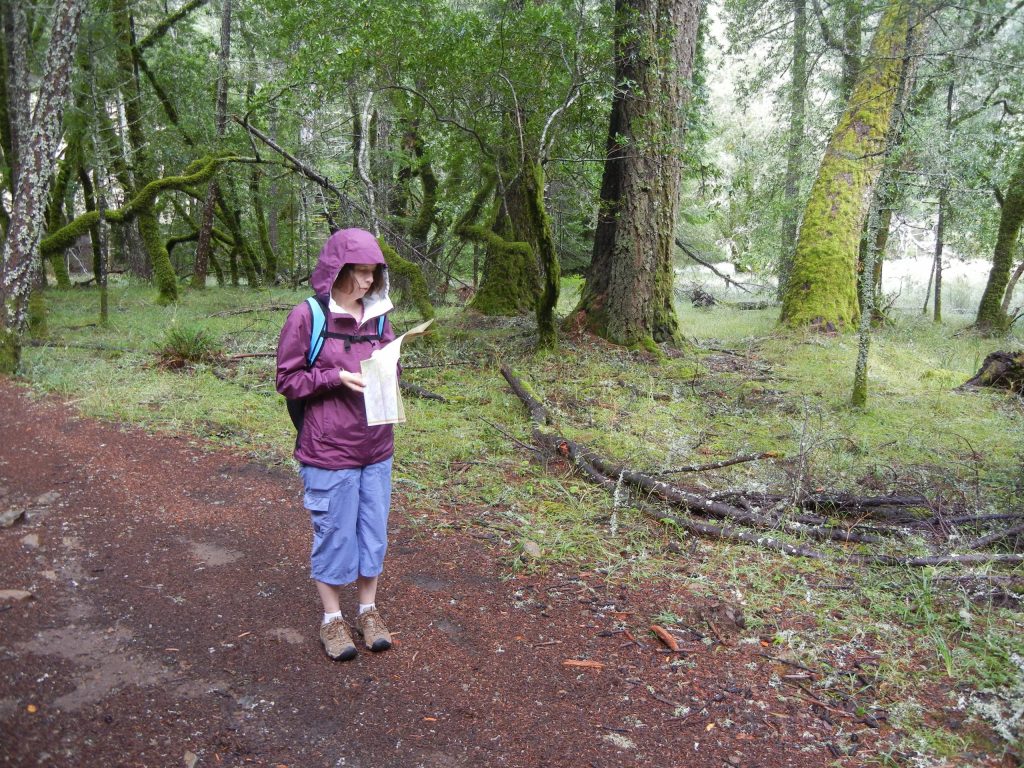I love to travel. Give me a destination and a computer and I can plan any trip! I’m a bit obsessive about it but so are millions of others and we all write reviews. There is a plethora of resources on the internet. It’s easy to know where to go and how to get there.
But what did we do before we had all this information at our finger tips?
When I was a child, we took a family vacation every year to the beach. My parents, grandparents, aunt, uncle, and cousins would load up and head east. I can still picture the motel we stayed at, the pool, the beach, the strip with arcade games, and endless fried foods and cotton candy. Place me back in my childhood home and I can even retrace our travel route.
I learned this route. It is not genetic or innate. When behavior is a consequence of social learning and persists across generations, it is defined as culture. For 3 generations, this route to the beach was passed on. I no longer live in my home town. If I had children, I would not be able to pass this knowledge on to them. It would be lost.
For me it’s not that big of a deal if my annual summer migration route is lost. I do have the internet now. However, it is a big deal for ungulates to lose their ability to migrate.
Migration is the most amazing phenomena of the natural world. Individuals traveling sometimes thousands of miles to reach their destination. For ungulates, like deer, elk, moose, and big horn sheep, it allows them to maximize energy intake by riding the “green wave” across the landscape.

But where does this knowledge come from? Is it innate? Learned? Some combination?
Migration for some species is hardwired. Take monarch butterflies for example. Individuals migrating south every fall are on their maiden voyage. Migration for them is completely grounded in genetics.
The same goes for some bird species. But not all. Take captive bred whooping cranes. They were shepherded on their first southbound migration route by human-piloted ultralight aircraft. But that’s all they needed. After that first flight, they migrated freely both north and south suggesting that cranes used both social learning and innate programming for migration.
Recent research has shown that migratory behavior in ungulates is learned. In historical populations where 65-100% of individuals migrated, less than 9% of translocated animals migrated when moved into new areas. The translocated individuals that did migrate were placed into existing populations that had been reestablished 3 decades prior.
All translocated animals from migratory populations failed to migrate when placed into a new area to establish a new population suggesting that migratory behavior for ungulates is not innate or genetic but instead socially learned and culturally transmitted. Like me, they needed someone to show them how to get to the beach!
Because migratory behavior is learned, it can be lost. Humans created barriers that stop or alter migration routes or population extirpations can wipe out decades of social learning about spatial patterns of habitat resources. Regaining this collective knowledge after it is lost might take decades. While individuals are trying to re-learn, populations may suffer.
In Pennsylvania, we don’t have to worry about loss of migratory knowledge in our deer herd. But we have had several individuals that make peculiar movements on an annual or predictable basis.
Like Doe 17163 and 17157. Two deer with completely different home ranges that travel to the exact same spot. Or like Doe 8101 who takes a pilgrimage to the east every March.
Did these deer learn this from their mothers? Are there multiple deer that learned this? Will it change over time if those individuals are removed from the population?
The answer to the last question is likely yes.
Is this a bad thing? Probably not. This isn’t the loss of migration route knowledge which has measurable population impacts. They just won’t be able to find their way to the beach without Google Maps.
Wildlife Biologist
If you would like to receive email alerts of new blog posts, subscribe here.
And Follow us on Twitter @WTDresearch
